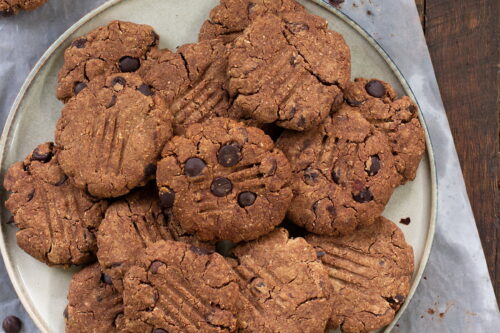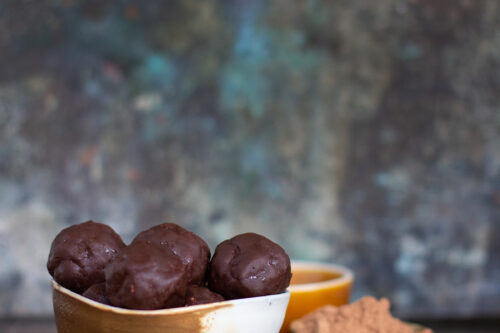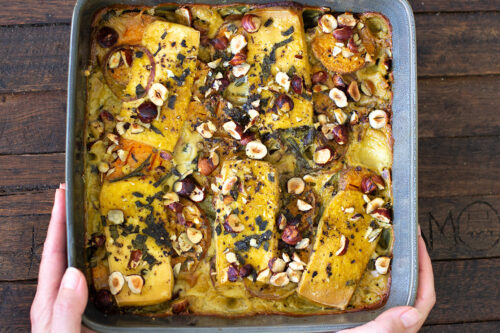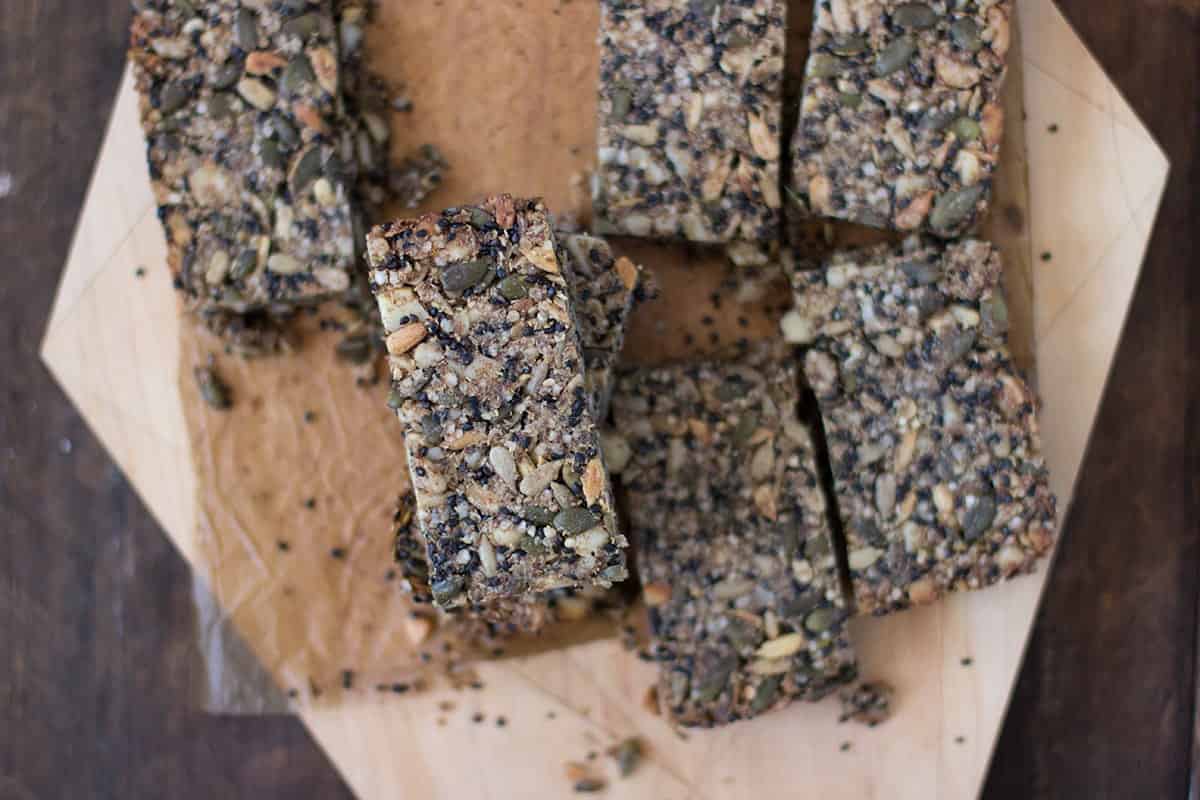
If you follow my recipes here on the JCN website you will see a common theme of ‘salty this’ and ‘salty that’. I do have quite a soft spot for salt as for me it brings dishes alive and really enhances flavour profiles. Recently on a trip to the Yarra Valley I found myself adding salt to my peanut butter on toast. Totally a new level. I wanted to get a bit more science-y today in light of this recipe for my salty & sweet macadamia nut muesli bars and talk about salt cravings and what they can possibly indicate, besides just a plain old addiction to the wonder that is salt.
Firstly, salt cravings can be a sign of electrolyte imbalances and in some cases adrenal insufficiencies. Our adrenals produce mineralocorticoids, which help regulate our sodium, potassium, chloride and water balance. When the adrenals are under strain (classically from an ongoing chronic stress) our adrenal ability to produce mineralocorticoids is interrupted, resulting in imbalances within our sodium and water balance. Adrenal corticoid hormones help regulate intra and extra cellular fluid balance mainly by increasing the reabsorption of sodium and the secretion of potassium in the kidneys. They also influence water reabsorption and our serum levels of sodium and potassium. These activates play an integral role in regulating our heart rhythm and blood pressure.
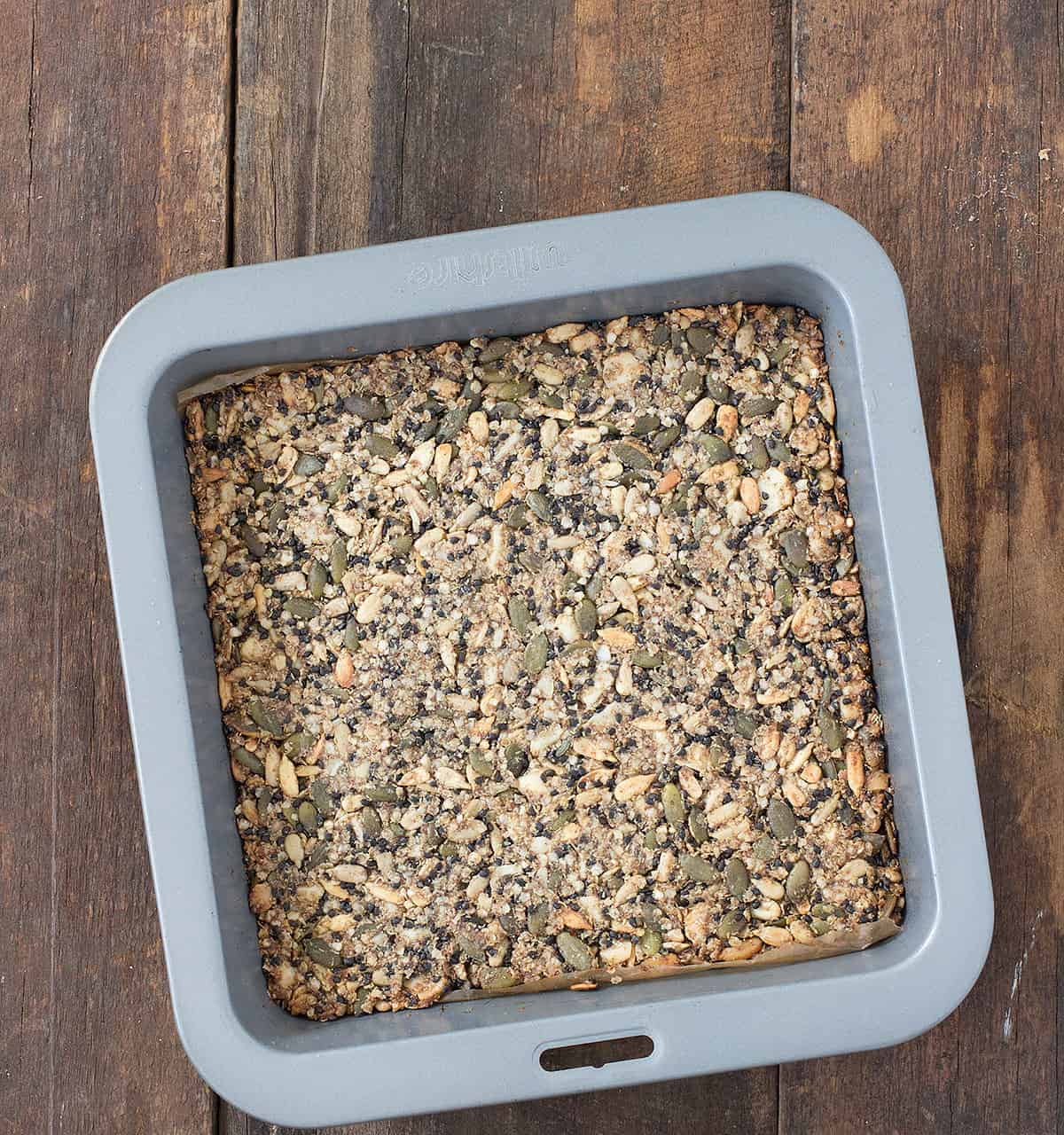
Other causes of salt cravings can be due to high exercise intensity and increased perspiration. Cardio activities such as running, cycling and swimming (in hot climates particular) will have a much higher turn over of electrolytes due to loss in sweat and also increased cellular usage for muscular function. You may have experienced that feeling after a big run on a hot day where afterwards you feel like water ‘isn’t enough’ no matter how much you drink. Generally this is driven by an imbalance of electrolytes due to increased loss earlier on while training without adequate electrolyte replenishment. Bikram yoga is another common form of exercise that can lead to electrolyte depletion.
The third reason we can crave salt is because we get used to that ‘salty’ flavour (guilty as charged) and we then look for it in our food. Think of it like developing an affiliation with chilli in meals or adding a drizzle of olive oil to finish a meal (yep, me again). These are food habits that our palate becomes accustom to and expects each time we eat as a results. These types of cravings are purely driven by our taste buds.
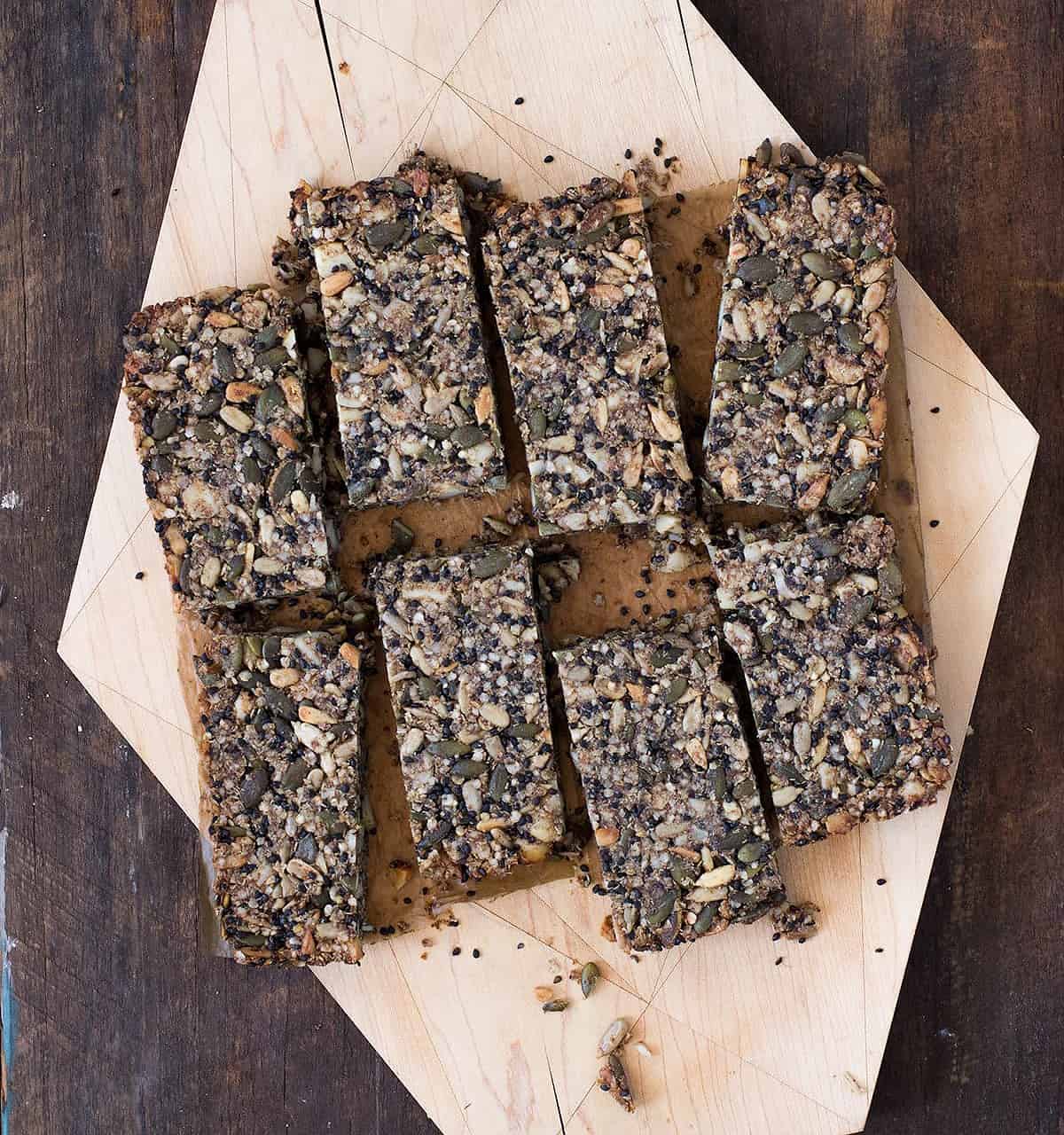
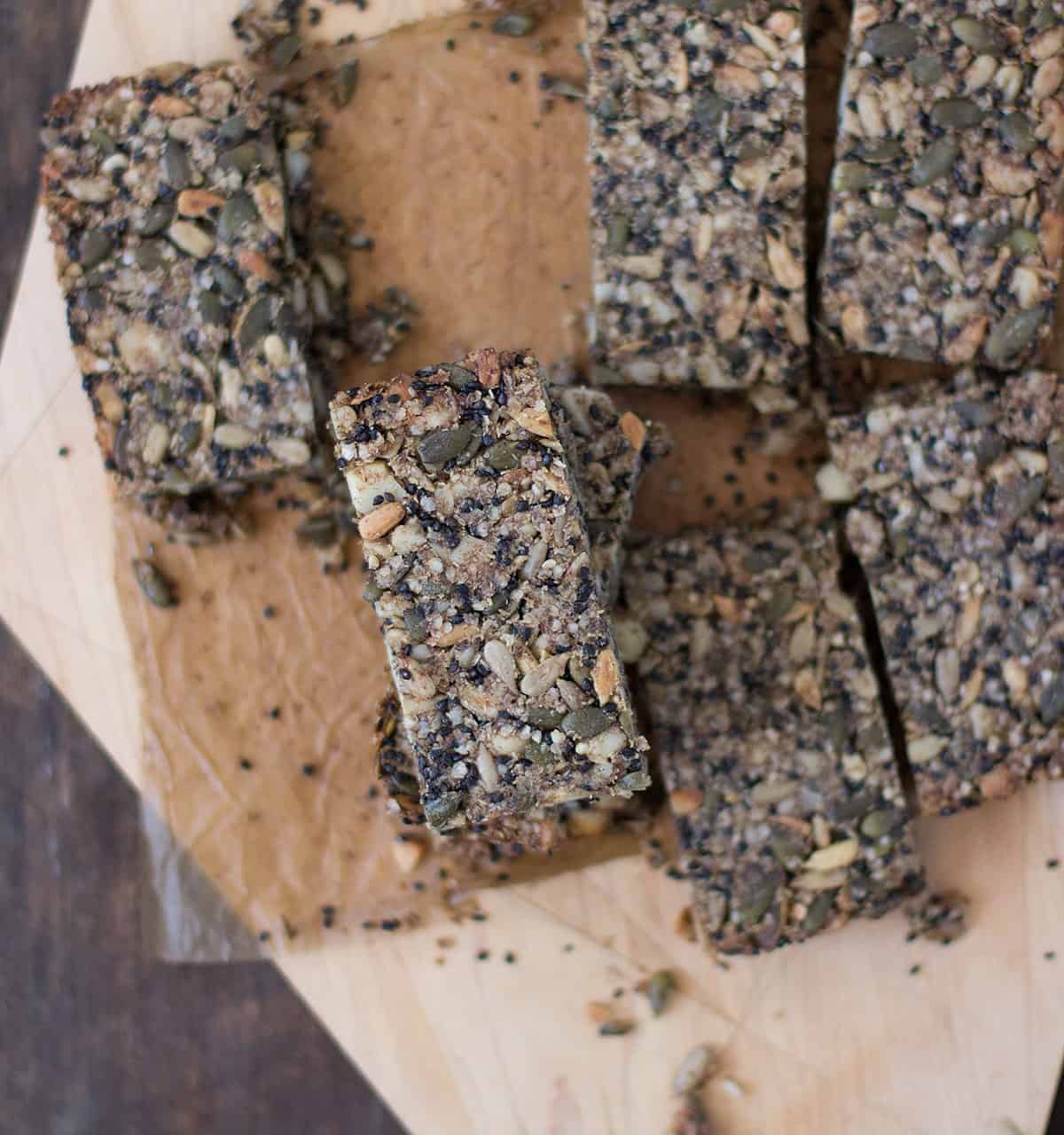
The final point to make when it comes to salt would be an increased desire for sodium experienced by premenstrual woman. As the lining of the uterus (the endometrium) grows and plumps up ready for expecting pregnancy there is an increased demand on the body as a whole. The true underlying mechanisms are not well understood, however the strongest link from my clinical view is that the rising progesterone levels increase water retention potentially displacing the balance of water and sodium. From a personal perspective I know that the week leading up to my cycle is a time where I could basically strap the salt grinder to my forehead.
So is salt bad? No, not really. Not if you are using it in moderation as part of a balanced wholefood intake. Salt becomes ‘bad’ when it is consumed in very large amounts found in processed foods. This amount of salt is used for preserving shelf life and often enhancing artificial flavours. If your salt intake comes merely from quality sea salt added to your meals as you prep or from a sprinkle on your avocado or eggs (or peanut butter) before eating it, it is hardly diabolical. The healthier you are the more your body will tell you what you need, and this is inclusive of salt. Of course if you find you fall into the continual category of not being able to get enough then consider checking in with a professional who can assess your full case history and identify any underlying causes.
As for me, I’m off to have my lunch…with salt thank you very much.
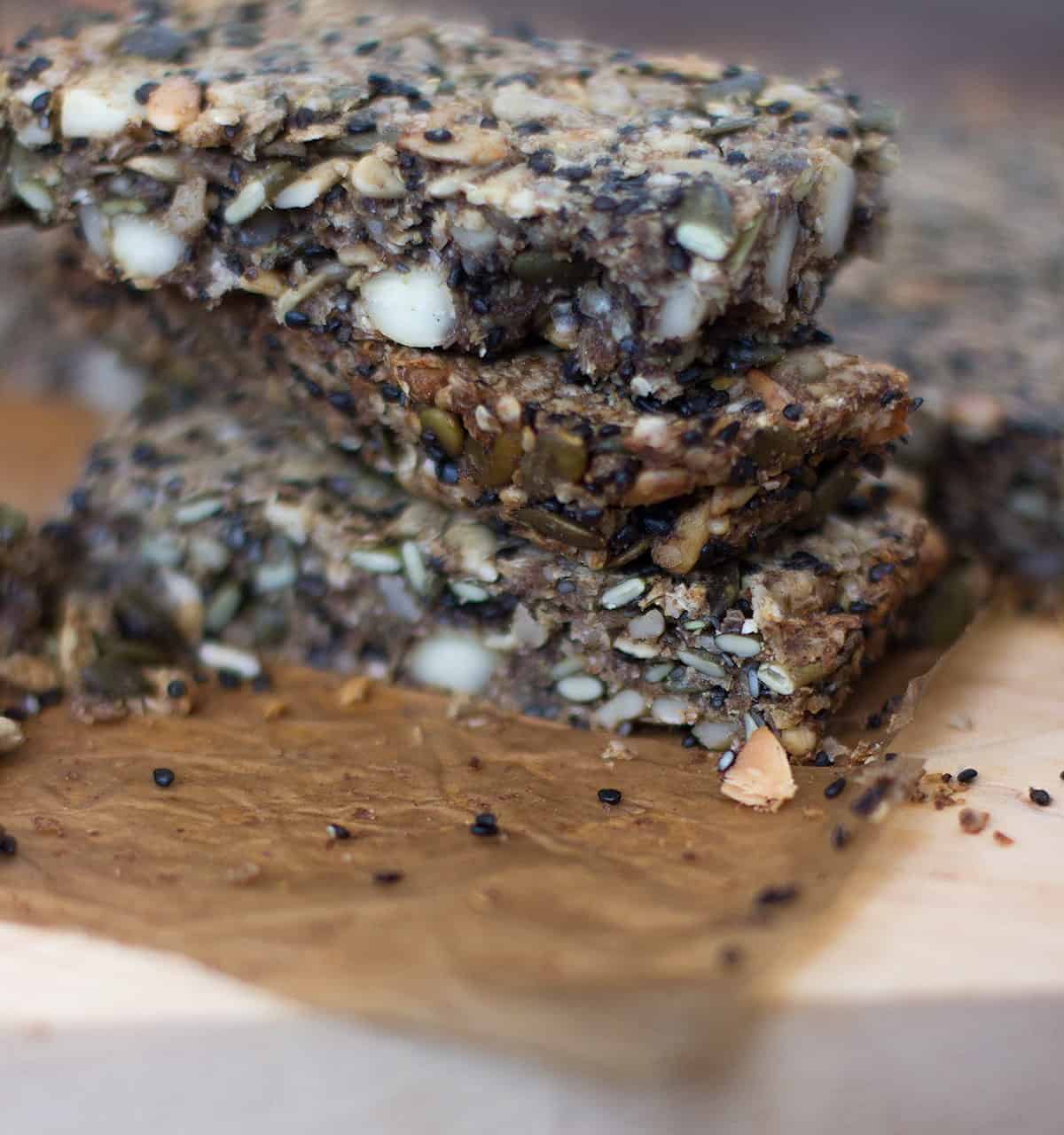
salty & sweet macadamia nut muesli bars
- serves
- makes 8 bars
- preparation time
- 10 minutes
- cooking time
- 30 minutes
ingredients
- 1 cup quinoa flakes (or rolled oats)
- 1/4 cup flaxseed meal
- 1/4 cup sesame seeds
- 1/2 cup sunflower seeds
- 1/2 cup pepitas (pumpkin seeds)
- 3/4 cup chopped macadamia nuts
- 1/2 teaspoon quality salt
- 1/2 teaspoon pure vanilla powder (or extract)
- 1/2 teaspoon cinnamon
- 1/4 cup unrefined coconut oil
- 4 tablespoons pure maple syrup
- 1/4 cup soda water (water will do if you do not have soda water)
method
This recipe is adapted from Gwyneth Paltrow’s It’s All Good Cookbook.
Preheat your oven to 175c. Line the bottom of a square baking tin with baking paper. In a large mixing bowl combine the quinoa flakes, flaxseed meal, sesame seeds, sunflower seeds, pepitas, chopped macadamia nuts, salt, vanilla powder and cinnamon.
To the dry mixture now add the coconut oil, soda water and maple syrup and stir well with a wooden spoon to bring the ingredients all together. Allow the mix to sit for five minutes in the bowl allowing the flaxseed meal and quinoa flakes to swell up and take in the liquid.
Spoon the mixture into your pre prepared baking dish and press down firmly and evenly with the back of a spoon to create a nice flat top. Place baking dish in the oven for around 30 minutes or until the top of the slice is nice and golden.
Remove from the oven and allow the macadamia muesli bar slice to cool in the tin, then place the tin covered in the fridge overnight. Remove the muesli bar slice from fridge and cut carefully into bars with a sharp knife. Store in an airtight container in the fridge for 4 – 5 days or freeze.
nutritional information
- These muesli bars are rich in plant based protein and fats while providing ample fibre. This makes them a wonderful in-between meals snack option. The macadamia nuts are rich in monounsaturated fats and rich in Vitamin B1, copper, manganese while also providing some plant based iron.
Jessica Cox is a qualified practicing Nutritionist with a Bachelor Health Science (Nutrition) and over 15 years of clinical experience. She is the founder and director JCN Clinic, published author and established recipe developer. Jessica is well respected within health and wellness space for her no fad approach and use of evidence-based nutrition.


